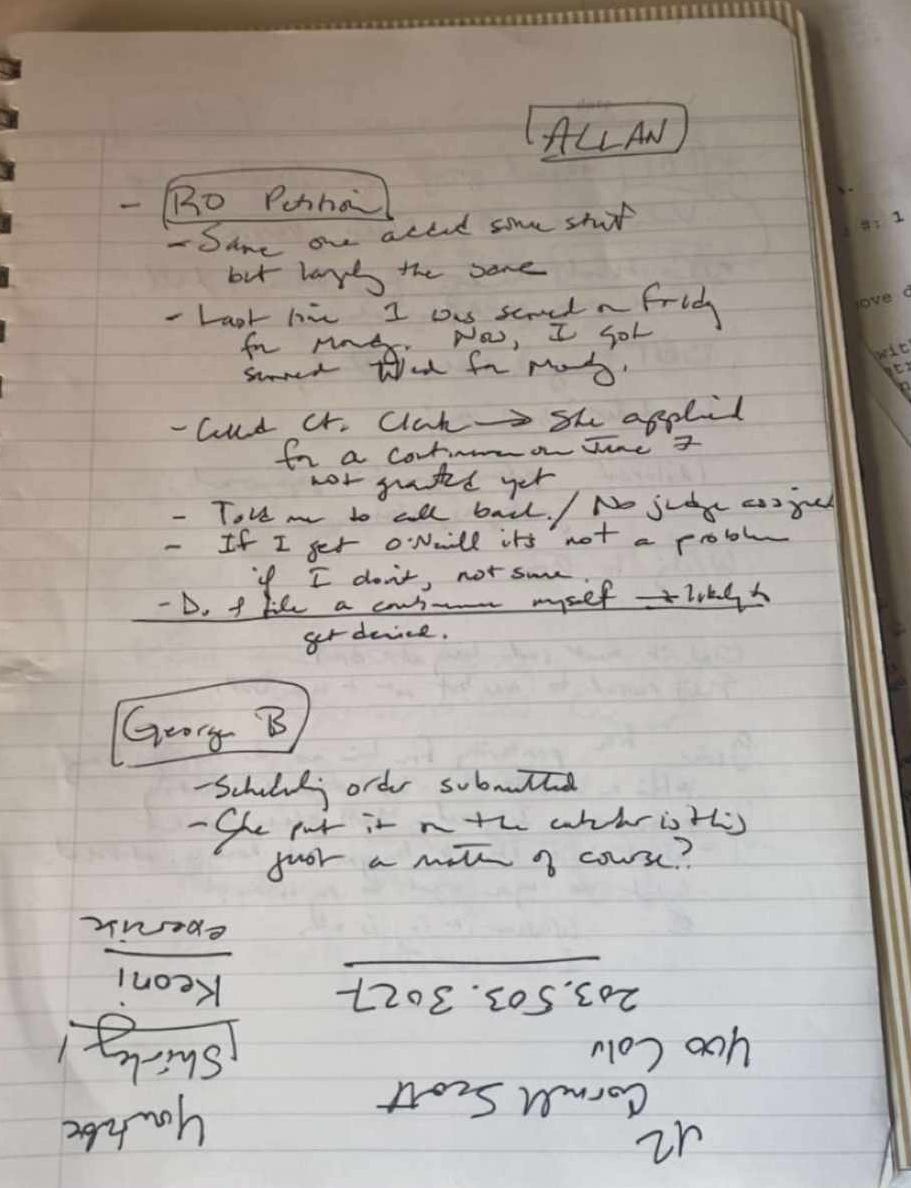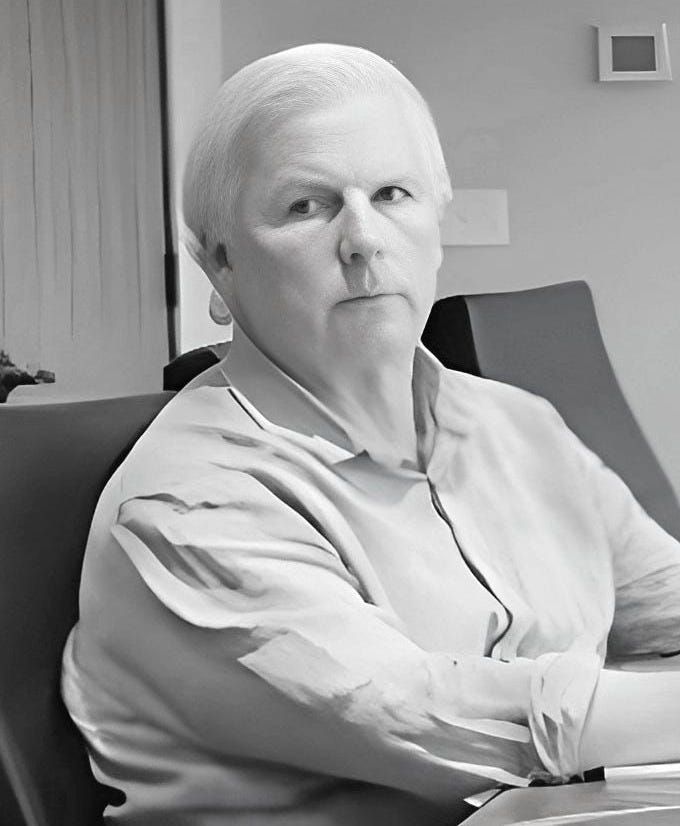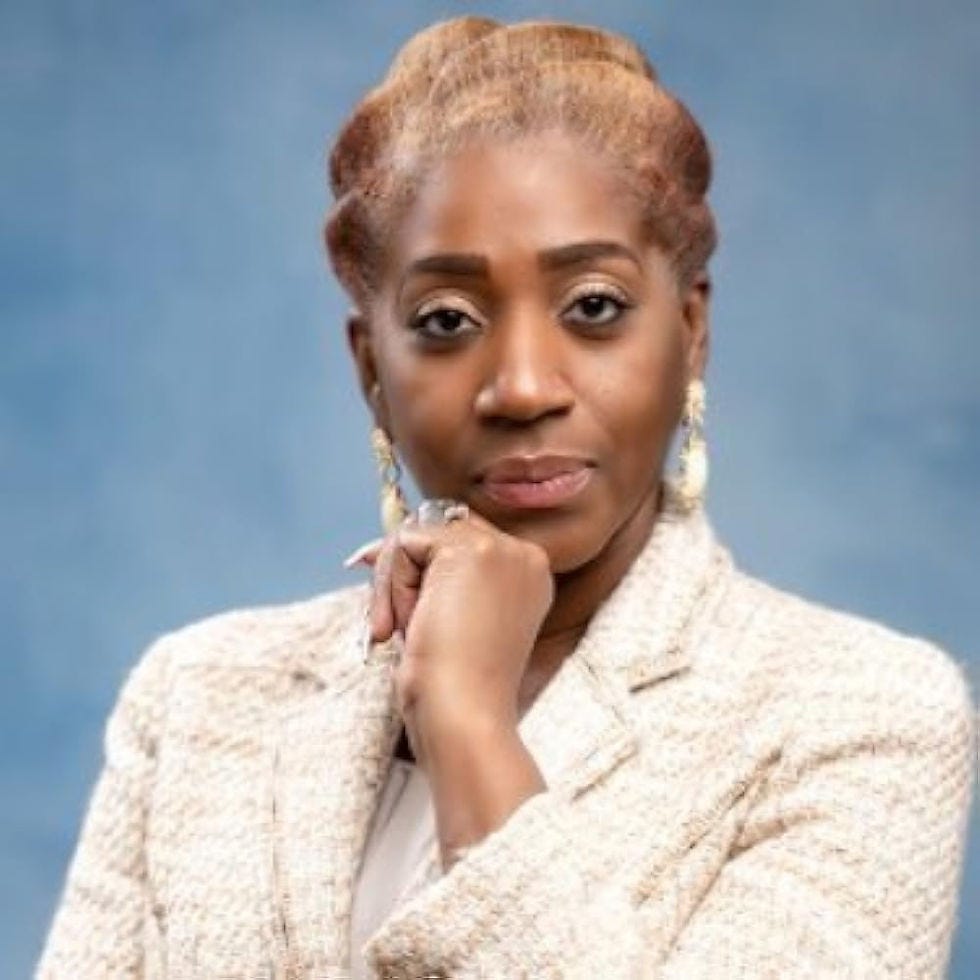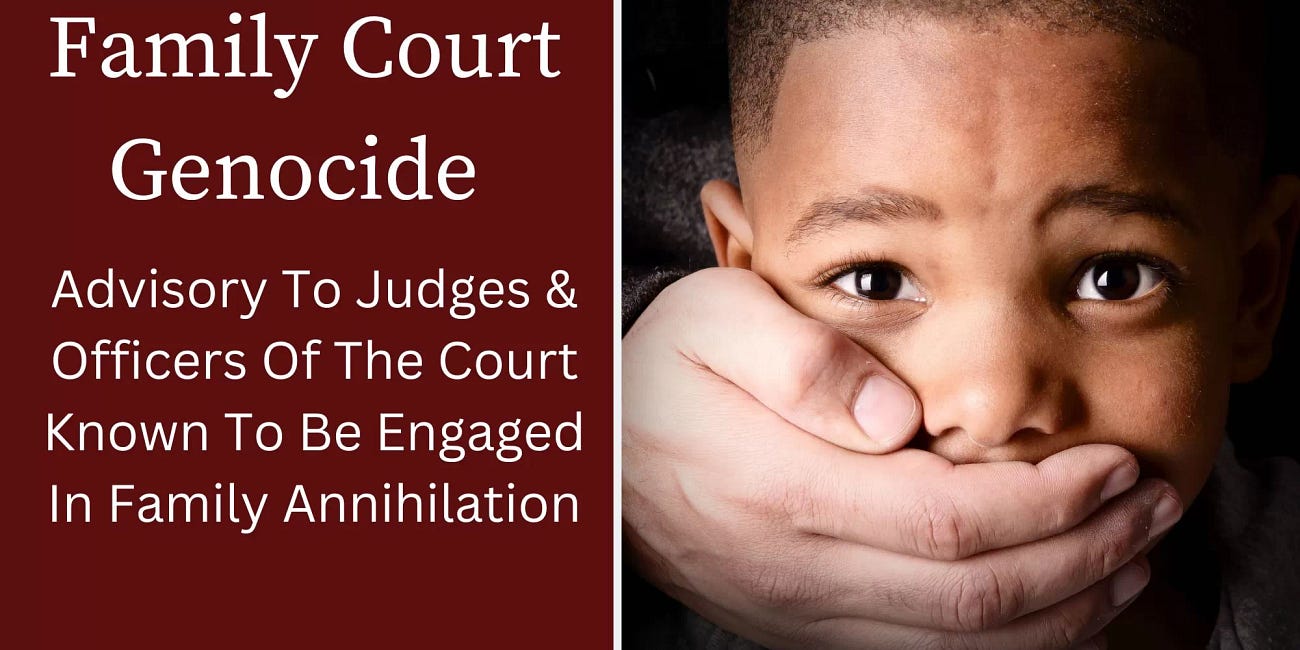By Richard Luthmann and Frankie Pressman
Connecticut Superior Court Judge Thomas J. “STEAL” O’Neill has recused himself from the contentious Ambrose-Riordan divorce and custody dispute following mounting allegations of judicial bias, unethical conduct, and improper rulings.
This stunning development comes after the publication of a handwritten note by investigative journalist Richard Luthmann, which cast serious doubt on O’Neill’s impartiality and raised concerns about systemic corruption in Connecticut’s family court system.
Handwritten Note Becomes Smoking Gun in Recusal Motion
Karen Riordan, the ex-wife of Christopher Ambrose, filed a formal motion seeking O’Neill’s recusal, alleging that his rulings consistently favored Ambrose while suppressing critical evidence and credible testimony.

Central to Riordan’s motion was a handwritten note by Ambrose, first uncovered and published by Luthmann. The note read, “If I get O’Neill, it’s not a problem,” suggesting undue confidence in the judge’s rulings.
“This wasn’t just a stray remark—it was a window into the systemic favoritism that mothers like Karen face in family court,” said Riordan’s attorney, Tricia Lindsay.
The motion argued that the note epitomized a broader pattern of judicial bias, ex parte communications, and procedural irregularities that deprived Riordan of a fair trial.
Luthmann’s Investigative Reporting Shakes the Judiciary
The handwritten note was initially uncovered and published by investigative journalist Richard Luthmann, who has extensively reported on the Ambrose-Riordan saga through platforms like Substack, the Frank Report, and Newsbreak.
His reporting has exposed what he describes as “the dark underbelly” of Connecticut’s family courts, highlighting how systemic bias and improper relationships can distort justice.
“This note was a revelation,” Luthmann wrote. “It highlighted Ambrose’s brazen confidence in the system and underscored the systemic bias embedded in family court rulings. Ambrose is an NYU Law-trained lawyer. If he believed he had a ‘guaranteed win’ with O’Neill, that’s a damning indictment of our judicial process.”
Luthmann also connected Ambrose to Allan Kassenoff, a disgraced attorney infamous for his role in weaponizing the family court against his ex-wife, Catherine Kassenoff, who ultimately committed suicide.
“Ambrose and Kassenoff represent a playbook of coercion and judicial manipulation,” Luthmann noted. “Their tactics depend on exploiting the courts’ gender bias, particularly against mothers raising abuse allegations.”
Children Silenced, Abuse Allegations Ignored
The case has drawn national attention for how it has marginalized the voices of Riordan’s teenage children, who have sought to testify about alleged abuse by Ambrose. Instead of hearing from the children directly, O’Neill allowed Ambrose to testify on their behalf, a decision Riordan’s legal team argued violated Jennifer’s Law, Connecticut’s statute designed to protect victims of coercive control and domestic violence.
Forensic psychiatrist Dr. Bandy Lee, who assessed Ambrose using the Hare Psychopathy Checklist, labeled him a high-risk individual and presented evidence of coercive control. However, O’Neill barred her testimony on procedural grounds.
“These courts are not just failing victims; they are actively enabling their abusers,” Dr. Lee said in a prior statement.
Judicial Misconduct Allegations Pile Up
Riordan’s motion cataloged a litany of troubling decisions by O’Neill, including his alleged reliance on hearsay testimony, dismissal of abuse allegations corroborated by multiple witnesses, and refusal to hold Ambrose accountable for documented perjury.
In one instance, O’Neill reportedly directed Ambrose to engage in communications with Riordan outside her presence and then report back to the court—a move Riordan’s team said amounted to soliciting hearsay and undermining her due process rights.
“These actions are suspect,” Attorney Lindsay said. “Judge O’Neill’s documented conduct flies in the face of the appearance of propriety, judicial neutrality, and fairness.”
Adding to the controversy are allegations that O’Neill failed to report suspected child abuse despite his obligation as a mandated reporter under Connecticut law. Dr. Lee testified that Ambrose’s behavior, including allegations of sexual abuse and coercive control, posed a significant danger to the children—a claim that went unaddressed by the court.
Public Outcry and Demands for Reform
The revelations have ignited outrage among advocacy groups and lawmakers. Dr. Jill Jones Soderman, Executive Director of the Foundation for the Child Victims of the Family Courts (FCVFC), described the case as emblematic of systemic failures.
“What we are witnessing is not just a single case of judicial failure but a systemic crisis,” said Soderman. “The judiciary must answer for this.”
Advocates have called for an independent investigation into O’Neill’s conduct and systemic reforms to ensure judicial accountability.
“When judges ignore the credible voices of children and experts, they betray their mandate to protect the most vulnerable,” Soderman added.
Luthmann echoed these concerns: “This isn’t just about one judge or one case—it’s about dismantling a system that prioritizes power over protection and perpetuates cycles of abuse.”
What’s Next for Riordan and the Case?
O’Neill’s recusal leaves the Ambrose-Riordan case in limbo. A new judge will be assigned, but Riordan’s legal team has called for a full review of all rulings made by O’Neill, asserting that his bias fundamentally tainted the proceedings.
“We are demanding accountability,” Lindsay said. “This fight isn’t just for Karen and her children—it’s for every parent who has been failed by this broken system.”
Meanwhile, Luthmann vows to continue his investigative work.
“We owe it to the victims to keep telling these stories until real change happens,” he said. “Judge ‘Steal’ O’Neill robbed the Ambrose children of years of their mother’s love and affection. No matter how you slice it, that’s not right. The piper must come calling, beginning with the Fourth Estate.”
A Reckoning for Connecticut’s Courts
The fallout from O’Neill’s recusal is reverberating far beyond this single case. Advocacy groups and lawmakers are pressing for increased oversight, mandatory judicial training on coercive control, and independent review mechanisms to address misconduct in family courts.
“The judiciary is the last line of defense for victims of abuse,” Soderman said. “When that line is compromised, the consequences are devastating. It’s time for the judiciary to face accountability.”
For Karen Riordan and her children, the battle for justice continues. However, as public scrutiny intensifies, the Ambrose-Riordan case may be the catalyst for exposing and reforming systemic failures in Connecticut’s family court system.























Share this post